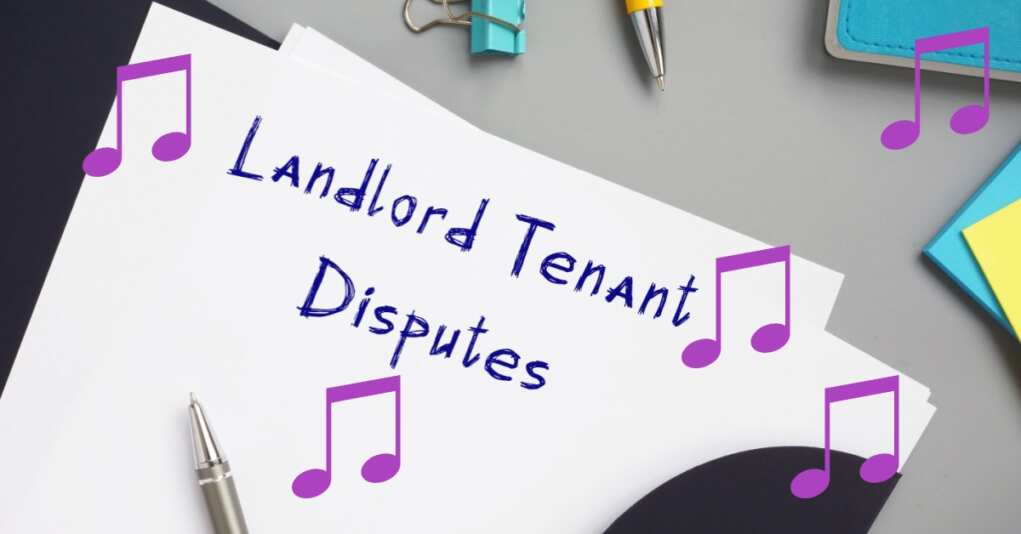Anti-Landlord Rap: When Rhyme Meets Ridiculous

Here’s a headline that could only exist in today’s world: a former Greens politician in Australia has gone viral with a hip-hop song railing against landlords. Yes, you heard that correctly. A political activist-turned-rapper named Jonathan Sriranganathan has decided that the best way to address rising rental prices is through a rap video. And somehow, it’s gaining traction. Welcome to 2024, where every grievance gets a beat and a viral video.
The song, cleverly titled “Notice to Leave,” doesn’t mince words. It essentially blames landlords and real estate agents for the housing crisis, going so far as to suggest that rising rent prices could, and perhaps should, lead to the destruction of the real estate industry itself. The video features Sriranganathan delivering his anti-landlord message with all the swagger of someone who’s clearly spent more time in a coffee shop than a construction site.
Now, let’s be clear: no one likes paying high rent. And housing affordability is a genuine issue that deserves attention. But is demonizing landlords and making inflammatory claims about burning down real estate agencies really the way to solve it? Spoiler alert: it’s not. In fact, this kind of rhetoric does more to divide than to address the actual problem.
Let’s take a step back and look at this rationally. Landlords aren’t some shadowy cabal plotting to make life miserable for renters. They’re regular people trying to make a living, often owning just one or two properties as a way to save for retirement or build a little financial security. Yes, there are bad actors in every industry, but painting all landlords as villains is as ridiculous as blaming all doctors for the cost of healthcare.
And what about the real drivers of high rent prices? Spoiler alert again: it’s not landlords. It’s government policies, excessive regulations, and the ever-growing demand for housing that outpaces supply. In many cities, zoning laws make it nearly impossible to build new housing quickly enough to meet demand. And when supply is limited, prices go up. That’s Economics 101—not that you’ll find that lesson in the lyrics of “Notice to Leave.”
But let’s not kid ourselves. This song isn’t about offering solutions; it’s about scoring points in the court of public opinion. It’s the latest example of how grievance culture has taken over the conversation around serious issues. Instead of coming to the table with ideas and compromises, we get catchy slogans and viral videos that simplify complex problems into sound bites. And while the social media crowd might eat it up, it doesn’t do much for the single mom struggling to make rent or the young couple trying to buy their first home.
What’s particularly ironic is that many of the same people cheering for this anti-landlord anthem are also the ones who push for the very policies that make housing more expensive. They champion rent control, which discourages new construction. They fight against development projects in the name of “preserving community character.” And they advocate for endless government intervention that often creates more problems than it solves. Then, when the housing market predictably tightens, they turn around and blame the landlords.
The truth is, solving the housing crisis requires cooperation, not confrontation. It requires builders, landlords, policymakers, and yes, even renters, to work together to find practical solutions. That means cutting red tape to make it easier to build new homes. It means rethinking zoning laws that artificially restrict supply. And it means treating landlords not as enemies, but as partners in the effort to create affordable housing options.
But none of that makes for a catchy rap video, does it? It’s much easier to go viral by pointing fingers and stoking outrage than by rolling up your sleeves and doing the hard work of governance. And so we’re left with “Notice to Leave,” a song that’s heavy on attitude and light on answers.
So, what’s the takeaway here? If you’re a renter struggling with high prices, your frustration is valid. But don’t be fooled by the theatrics of activists-turned-rappers. The real solutions to the housing crisis won’t come from a viral video—they’ll come from thoughtful policies that address the root causes of the problem. In the meantime, maybe we can all agree on one thing: the housing crisis deserves better than this.

